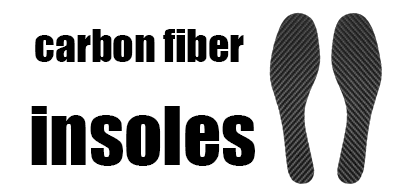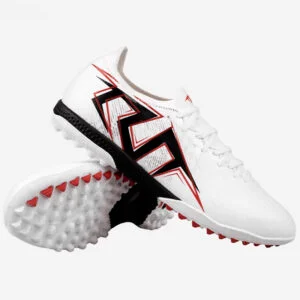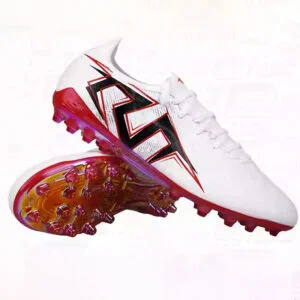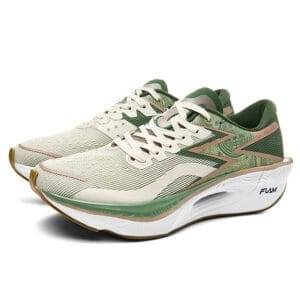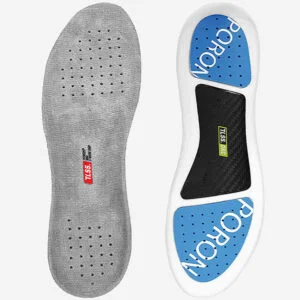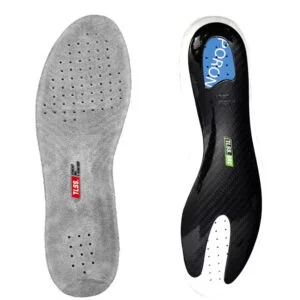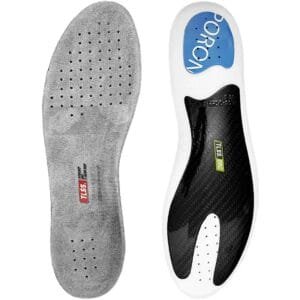Quando Eliud Kipchoge fez história ao correr um maratona abaixo de 2 horaso mundo tomou conhecimento. Embora seu incrível treinamento e disciplina tenham desempenhado um papel importante, seu tênis de corrida com placa de carbono foram um divisor de águas.
Mas o que torna esses calçados tão especiais? E como eles se comparam a palmilhas de fibra de carbono para corredores comuns?
Neste guia, vamos detalhar:
✔ A ciência por trás dos tênis de maratona com placa de carbono
✔ Por que corredores de elite como Kipchoge confiam neles
✔ Como as palmilhas de fibra de carbono podem aumentar o desempenho a um custo menor
✔ Se você deve investir em calçados com placa de carbono ou fazer um upgrade com palmilhas
Ao final, você saberá exatamente como maximizar a eficiência de sua corrida, seja treinando para uma maratona ou perseguindo um recorde de 5 km.
1. A tecnologia inovadora por trás dos tênis de corrida com placa de carbono
O que torna os tênis de placa de carbono diferentes?
Ao contrário do tradicional tênis de corrida para maratonaOs modelos de placa de carbono apresentam:
Uma placa rígida de fibra de carbono embutido na entressola
Espuma ultraleve (como Nike ZoomX ou Adidas Lightstrike Pro)
Geometria curva para um efeito de "balanço" que o impulsiona para frente
Como eles melhoram o desempenho
Estudos mostram que os calçados com placas de carbono:
✅ Aumento da eficiência operacional em 4% (ajudando-o a correr mais rápido com menos esforço)
✅ Reduzir a fadiga muscular em corridas de longa distância
✅ Melhorar o retorno de energia a cada passo
É por isso que Kipchoge, Brigid Kosgei e outras elites confiar neles para bater recordes.
Corredores competitivos buscando RPs
Maratonistas buscando reduzir a fadiga
Aqueles dispostos a investir em velocidade no dia da corrida
-

- Selecionar opções Este produto tem várias variantes. As opções podem ser escolhidas na página do produto
-

- Selecionar opções Este produto tem várias variantes. As opções podem ser escolhidas na página do produto
-
Venda!

- Selecionar opções Este produto tem várias variantes. As opções podem ser escolhidas na página do produto
$159.00O preço original era: $159.00.$93.99O preço atual é: $93.99. -
Venda!

- Selecionar opções Este produto tem várias variantes. As opções podem ser escolhidas na página do produto
$139.00O preço original era: $139.00.$89.99O preço atual é: $89.99.
